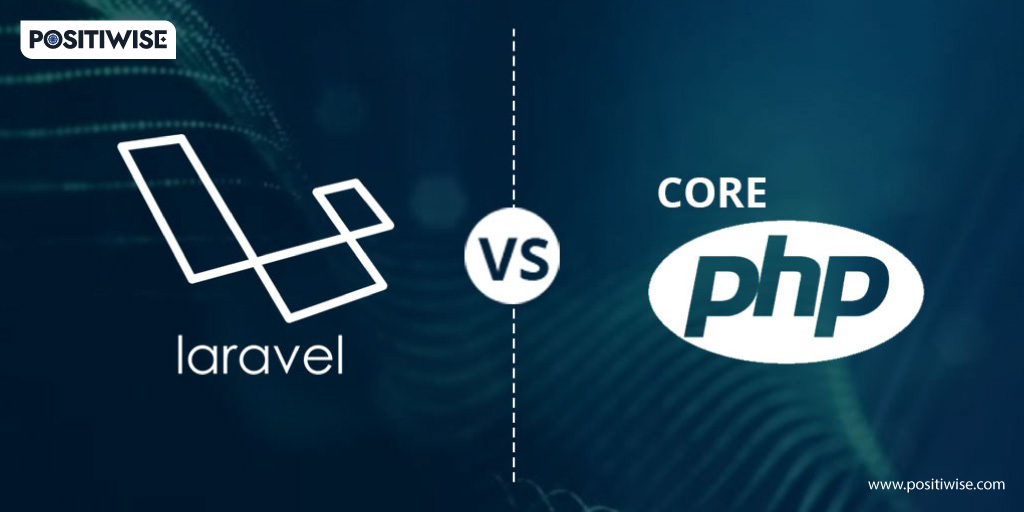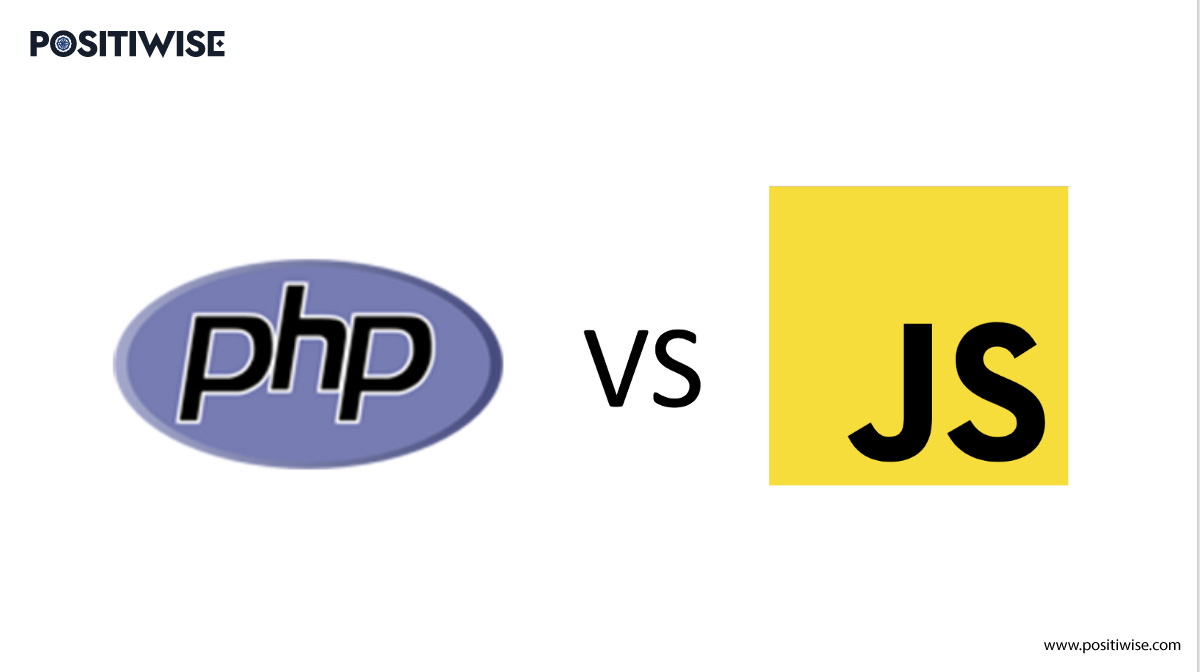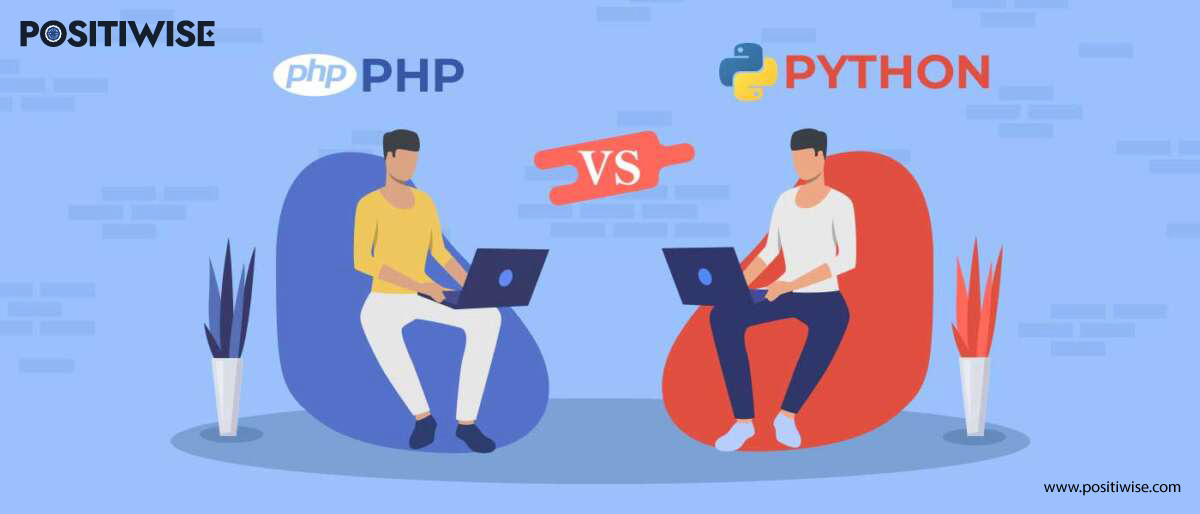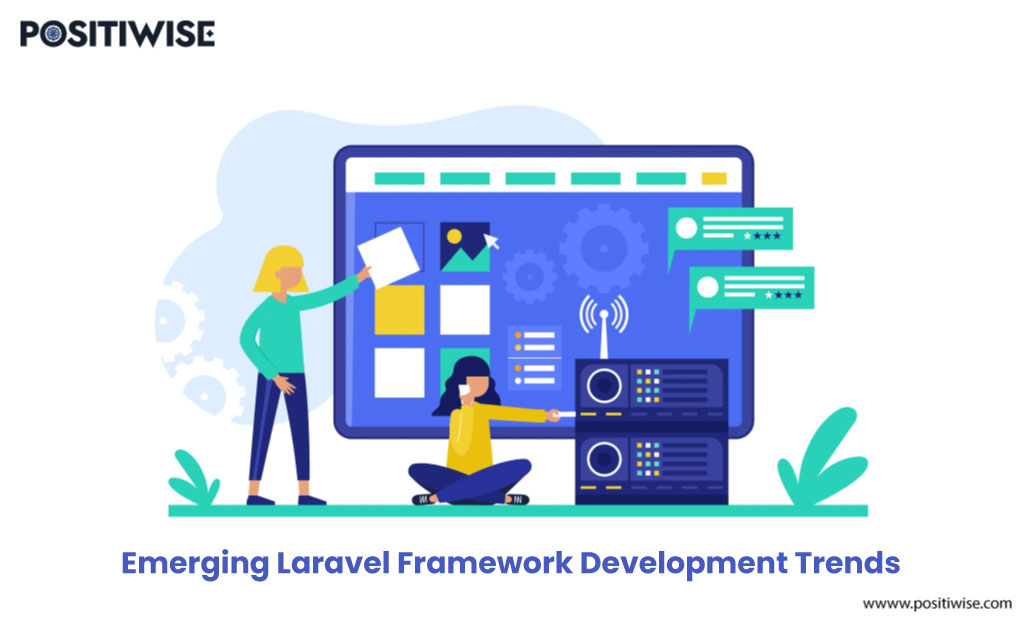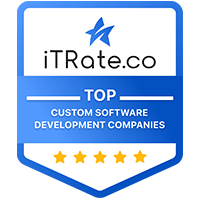Quick Overview:
When it comes to developing an application, the most time-consuming and complex task is to select a programming language and platform. Sometimes, this task does not end by selecting a single technology, as every framework has pros and cons. In addition, some tech stacks are based on the same language but have different functions and features, such as Core PHP and Laravel.
In this article, we have covered edge-to-edge positives and negatives. We have compared these two technologies to provide a clear insight into which one must be selected for developing business software.
What is Core PHP?
Core PHP is a straightforward programming language used to craft appealing, high-performing websites and web-based applications running across browsers. It is the predecessor of advanced PHP. While crafting any software using Core PHP, developers do not require any external components and libraries, which aids in reducing the cost and completing development within the time constraint.
What is Laravel?
Laravel is a PHP-based web framework freely available on the internet, primarily used to enable routing, authentication, and HTML templating. It is purely a server-side technology, following the MVC approach, which helps the programmers distinguish between the application layers. Laravel is mainly preferred for constructing single-page applications, E-commerce sites, CMS systems, social networking platforms, and web portals with extensive data. It efficiently streamlines the data flow and prevents bottlenecks.
Recommended Read: Laravel vs ASP.NET: What’s the Difference?
Core PHP vs Laravel – Difference Table
| Basis | Core PHP | Laravel |
|---|---|---|
| Speed | Depending on the size of the code | Faster Code Execution |
| Security | External resources are required for security | In-built authentication and access control security mechanism |
| Flexibility | Easily modified code | Strict development protocols |
| License Type | Open Source | Open Source |
| Architecture | Modular Structure | MVC Structure |
| Caching Mechanism | No Caching Mechanism | Cache Back is Facilitated |
| Dependence on 3rd Party Elements | Minimum need of external components | Require more external elements as compared to Core PHP |
| Reusability of Code | Supported | Supported |
Focus on the Strengths and Weaknesses
Before initiating a project, it is important to analyze the advantages and disadvantages of every programming language and development platform. This analysis helps in understanding and mitigating the risks during development. Below are the pros and cons of Core PHP vs Laravel.
Pros of Core PHP
- Companies perform cost-efficient development by utilizing the internet’s freely available core PHP framework and hiring human resources through different engagement models.
- All the websites and web application development created using Core PHP are the most user-friendly because of their responsive and straightforward designs.
- The syntax of this language is easy to understand, enabling the developers to write clean and streamlined code. Moreover, it helps programmers reinforce the application developed by someone else and flawlessly advance it according to requisites.
- Experts can connect any database with Core PHP, and it is compatible with Linux and Unix, allowing them to configure it on any server.
Cons of Core PHP
- Maintaining data integrity, availability, and non-repudiation requires additional security components. In addition, using third-party APIs can affect the cost of the software project.
- The community is currently modifying the Error and Exception Handling, which is not up to the mark.
- Modification in core behavior cannot be changed, which can be a drawback in furnishing the application as per industry standards. Moreover, its application performance and Quality of Service can also be downgraded.
- Users suffer when the application is deployed in the market due to the presence of fewer debugging tools to find errors during code compilation and testing.
Pros of Laravel
- Extensive and detailed documentation is available for Laravel, which helps development professionals comfortably create a clean codebase and resolve errors.
- Developers can configure multiple caches and integrate with mail services to reduce the loading time and update users with the latest information by forwarding emails.
- It provides an in-built tool called Artisan to automate repetitive tasks by running a script through its command-line interface.
- A wide array of packages and templates are available in the online repositories, which minimize the cost, time, and effort to complete the software development cycle.
Cons of Laravel
- The framework Laravel application builder does not support payment gateways, which cut it out from the technologies used for designing Ecommerce websites.
- Updating the framework version can crash the application, and data can be deleted permanently.
- When the mobile device loads web pages, it puts extra effort into the processor, maximizing response time and delaying acknowledgments.
- Sometimes upgrades are incompatible with the previous version and new tech trends, which reduces overall performance.
Core PHP vs Laravel – Contrast
Below, we have compared Core PHP vs Laravel Framework based on authentic key performance indicators. IT professionals assess all the mentioned bases while selecting a robust technology to fabricate a scalable, cutting-edge, secure business application.
Functioning
The performance and Speed of any technology highly matter for a software project, as it helps to evaluate the request handling attribute. Core PHP is considered faster than Laravel because of its concurrency rate, enabling it to execute and acknowledge many user requests simultaneously.
As per the tests performed by open-source communities, PHP has gained a benchmark score of processing 1617 instructions simultaneously, whereas Laravel is behind it. Also, Core PHP’s concurrency rate is faster, as it can handle up to 9000 commands per second and render about 90,000 lines of code within a minute. However, Laravel’s performance is slower, but its cache tags characteristic can minimize the response time by loading the pre-stored data.
Architecture
It is essential to consider the architecture of a programming language and framework while selecting it for creating your business solution, as it can affect Speed and data security. Laravel uses a Model View Controller architecture, which helps the developers precisely divide the front end and back end of software. As a result, interface designers and backend developers can work simultaneously and complete the application before the deadline.
In addition, the MVC approach improves the website’s search engine ranking, as it provides better control to customize it according to marketing strategies. Further moving to Core PHP, it also offers the feature to extract the logic layer from the representation layer, which aids organizations to effortlessly configure the data routes for impeccably receiving and processing user input.
Compatibility with Database
Databases are a must-have of any application for storing, organizing, and processing data per user request. SQL, SQLite, MySQL, and Postgres are the four significant databases Laravel supports. It allows the establishment of multiple connections between web apps and different databases and guarantees a seamless communication path.
On the other hand, Core PHP can be linked with any database, whether IBM-DB2, MySQL, Oracle, MongoDB, etc. In addition, switching from one database to another is easy with its incorporated modules and functions. Furthermore, it aids the experts in migrating user data through minimal coding through API reusability, prepared statement support, OOPS-based syntax, and exception handling. The web app builds a constant relationship with the database through its PHP data objects, ensuring a smooth data transaction channel.
Availability of Resources
Before creating an application and using any tech stack, one must perform market research to understand the affordability and accessibility of hardware, software, and human resources. With ample community support for both languages, it is not difficult to outsource a reliable team of analysts, developers, designers, testers, and project managers for your business project. In addition, organizations can hire core PHP and Laravel programmers on an hourly, monthly, and milestone basis to integrate and modernize every aspect of the solution to meet your business requirements.
Besides this, there is no requirement for any expensive hardware assets to compile its code and run it on a machine. Fabricating software with any of these two technologies is cost-efficient and less time-consuming in every aspect of the software development life cycle.
Application Scalability
Picking out a language that can easily integrate new technologies for extending the functionality of enterprise solutions is always the best choice. The developers continuously upgrade both Laravel and Core PHP frameworks with new components, enabling them to embed Cloud Infrastructure with the application. This provides the advantage of scaling up resources anytime to meet the growing business needs.
But, Core PHP has an additional feature of autoloader and opcode cache for executing many user requests within seconds. In addition, it does not compile code with every user request, which enhances its Speed by saving scripts in shared storage.
Security
Securing data stored in the database and the transmission channel is vital for the organization, as a data breach can lead to heavy losses. Laravel provides more security compared to Core PHP based on data integrity and confidentiality due to its well-grounded structure.
To prevent cyber threats and unauthorized access to Core PHP-based applications, developers must adjoin third-party APIs and define their protocols. However, Laravel has a built-in security system for mitigating SQL injection and cross-site request forgery attacks. In addition, access control and authentication systems are, by default, enabled to cross-verify user identity and allow the only legitimate user to access resources.
Want to boost your PHP project with ease?
Leverage our expertise in PHP and modern frameworks like Laravel to build secure, scalable web applications with clean code and optimized performance. Leverage our expertise in PHP and modern frameworks like Laravel to build secure, scalable web applications with clean code and optimized performance.
Core PHP vs Laravel – Concluding Thoughts
When comparing the PHP Laravel framework, developers can consider both frameworks for creating high-end applications. These two can be practical tools for a developer innovating a complex, straightforward web solution. However, they have some differences, which one must analyze with the project scope.
After comparing Laravel vs PHP, we have concluded that both frameworks are expandable, enabling organizations to keep up with rapidly evolving technology trends. And investing in them can give a high return on investment in the long run. Furthermore, organizations should consider Core PHP for small and medium applications, while Laravel proves to be an advanced framework suitable for large and scalable business solutions.
Expert in Marketing Strategy and Brand Recognition
Jemin Desai is Chief Marketing Officer at Positiwise Software Pvt Ltd, he is responsible for creating and accelerating the company’s marketing strategy and brand recognition across the globe. He has more than 20 years of experience in senior marketing roles at the Inc. 5000 Fastest-Growing Private Companies.
